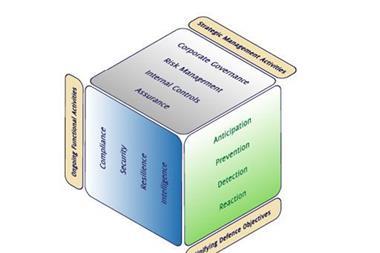Responsible investors can play a key role in encouraging some of the world’s biggest companies to improve their corporate social responsibility practices
The UK’s first ever National Ethical Investment Week ended on 24 May. The very fact that it was decided to hold such a week demonstrates the increasing emphasis on ethical investment in the UK. How far this is echoed throughout the rest of Europe remains unclear. A study by Eurosif some two years ago suggested that Britain accounts for nearly three quarters of Europe’s multi-billion pound market in ethical investment. It is likely that the balance may have changed, but this is not an area where it is easy to obtain accurate statistics.
While the ‘dark green’ funds frequently invest in mid-sized businesses whose ethical credentials are unimpeachable, the greatest improvements worldwide are likely to be the result of actions by the major corporate players. In order to determine just how far big companies have raised their game, global responsible investment specialists EIRIS released research last month, charting the progress FTSE100 companies have made on key environmental, social and governance (ESG) issues over the last five years.
Launched to mark National Ethical Investment Week, FTSE100 snapshot: Trends in ESG performance highlights the key role responsible investors can play in encouraging some of the world’s biggest companies to improve their corporate social responsibility practices.
As could probably have been predicted, the snapshot reveals mixed performance. Findings include:
FTSE100 companies are making good progress on environmental, social and governance issues; however, a minority of companies continue to demonstrate poor performance
The biggest improvements have been seen in environmental policy development, as well as human rights and supply chain management
Progress has been slower in areas such as environmental disclosure, equal opportunities and board diversity.
Responsible investment is, and will continue to be, a key driver for corporate improvements in climate change, poverty, human rights and the environment. The drivers for companies to improve their performance include continued shareholder and stakeholder pressure, increased regulation and a recognition that active management of ESG issues can lead to competitive advantage, says EIRIS.
Postscript
Sue Copeman, Editor, StrategicRISK




















No comments yet